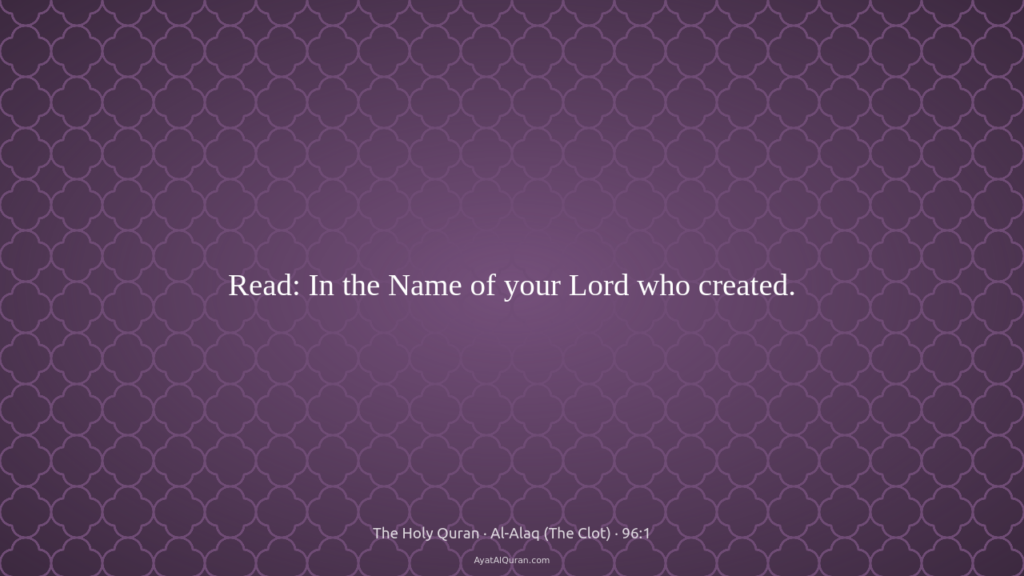The Quran, regarded as the holiest book in Islam, holds a profound significance for Muslims worldwide. Beyond its spiritual and moral guidance, the Quran also offers a rich tapestry of numerical patterns, linguistic intricacies, and historical significance. In this blog post, we delve into the fascinating world of Quranic statistics, exploring key figures and insights that illuminate the magnitude and depth of this sacred text.
1. Total Ayahs: The Quran comprises a total of 6,236 Ayahs, or verses, covering a wide range of topics, including theology, morality, law, and guidance for personal conduct. Each Ayah carries profound significance and wisdom, offering timeless guidance for humanity.
2. Chapter Count: The Quran consists of 114 Surahs, or chapters, varying in length and content. Surah Al-Baqarah, the longest chapter, contains 286 verses, while Surah Al-Kawthar, the shortest chapter, consists of just three verses. This diversity in chapter lengths reflects the Quran’s dynamic and multifaceted nature, catering to the spiritual needs and circumstances of its readers.
3. Number of Pages: The Quran is typically printed in a format comprising approximately 604 pages in standard editions. Each page is meticulously designed to ensure clarity and readability, allowing readers to engage with the text comfortably.
4. Word Count: One of the most striking aspects of the Quran is its precise and concise language. The Quran comprises approximately 78,000 words, spread across 114 Surahs. Each word is divinely ordained, meticulously crafted to convey profound meanings and messages, contributing to the Quran’s unparalleled eloquence and clarity.
5. Revelation Period: The Quran was revealed to the Prophet Muhammad (peace be upon him) over a period of approximately 23 years, beginning in 610 CE and continuing until the Prophet’s passing in 632 CE. This gradual revelation allowed for the Quran to address various social, political, and moral issues faced by the early Muslim community, providing timeless guidance for all generations.
6. Preservation and Memorization: One of the most remarkable features of the Quran is its impeccable preservation over the centuries. From oral transmission in the early days of Islam to meticulous written manuscripts and printing technology in the modern era, the Quran has been preserved with utmost care and reverence. Moreover, millions of Muslims worldwide have committed the entire Quran to memory, ensuring its preservation in hearts and minds for generations to come.
In conclusion, the Quran’s key statistics and figures offer a glimpse into the magnitude and magnificence of this timeless scripture. From its word count and chapter structure to its linguistic complexity and global distribution, the Quran continues to inspire, enlighten, and transform the lives of millions around the globe. As we reflect on these numerical insights, let us reaffirm our commitment to studying, understanding, and embodying the teachings of the Quran in our daily lives.
Quick Glance: Fascinating Insights into the Quran’s Statistics
- First Revealed Ayah: “Read: In the Name of your Lord who created” Verse 96:1 in Surah Al-Alaq (The Clot)
- Longest Ayah: Verse 2:282 in Surah Al-Baqara (The Cow) with approximately 128 words
- Total Ayahs (Verses): 6,236
- Total Surahs (Chapters): 114
- Longest Surah: Al-Baqara (The Cow) (contains 286 Ayahs)
- Shortest Surah: Al-Kawthar (Abundance) (contains 3 Ayahs)
- Number of Pages (Standard Edition): 604
- Total Juz’: 30 – Juz’ is a section or part for easier recitation and study
- Number of Words: Approximately 78,000
- Revelation Period: Approximately 23 years (610-632 CE)
Explore these statistics and more at AyatAlQuran.com, where you can access features such as Search, Read chapter by chapter or verse by verse, Random Ayah, and Word Cloud generator to enhance your Quranic experience.

May the blessings of the Quran be upon us all.